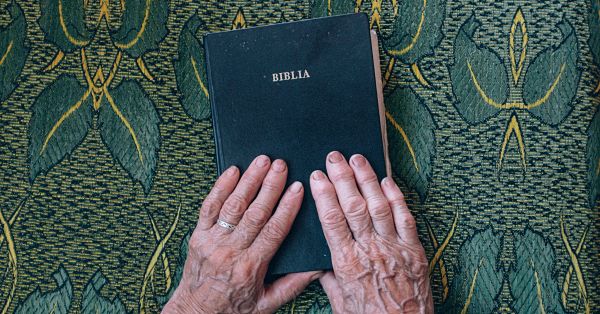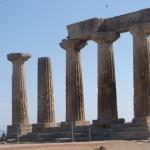 America is a young country in love with youthfulness. We do not honor the old as other cultures do. Media pictures old age as ugly, something to be avoided. Too often we push the older folks out of view so they do not slow down progress.
America is a young country in love with youthfulness. We do not honor the old as other cultures do. Media pictures old age as ugly, something to be avoided. Too often we push the older folks out of view so they do not slow down progress.
There is another perspective. Many cultures value old age and look to older people as a source for wisdom. Merely being old is not a source of wisdom, but given the time required to achieve wisdom, essentially only the old are wise.***
During her last days, a time of moral decay, ancient Athens developed a veneration of youth and youthfulness, but traditionally the city had valued the opinions of her older citizens. Plato pictures Socrates, the father of philosophy, as giving older people due attention. He did not merely accept their statements, but subjected older people’s opinions to the same rigorous examination he gave everyone else. This is the greatest honor one can give an opinion, examining so that if true one can adopt the idea.
Socrates asks an older man, Cephalus, if old age is bad. The problems of getting older are obvious, in Cephalus’ case, the old man had trouble walking. However, Cephalus pointed out a benefit of getting older: freedom! How could a man whose mobility was decreasing feel liberated?
He says:
The truth is that old age brings with it an experience of tranquility and release in these and other matters. When passion’s pressures abate, one is rid of a whole horde of lunatic slave masters.
This is new perspective to most of us. Many ancient people looked forward to the mellowing of passions, though of course there have always been people who dreaded any decrease in desires. To quote a line from It’s a Wonderful Life, we think “youth is wasted on the young.” Cephalus is reminding us that old age should not be wasted by the old!
Passion does not vanish in old age, but is more manageable, or so Cephalus claims. As a result, he feels free, because it is easier to ignore the demands of the body (Eat! Drink! Make Love!). Rational choice is easier (even about physical pleasures) when desire is lessened. Instead of stirring up passions, Cephalus suggests making use of this quieter time to pursue other good activities.
Cephalus has another observation:
If he has been generally temperate and cheerful during his youth and middle years, old age is likely to treat him reasonably well. But one with contrary characteristics will find youth and age alike to he burdensome.
The old man is observing a deep truth: we reap what we sow. Generally, if you over indulge in youth, old age will be hard. You never learned to say “no” and now your body will not let you do all you wish and the result is frustration without remedy. Underestimated when young is cheerfulness. Youth has the energy to Hamlet around, old age does not. Cultivating cheerfulness as best one can is good for the soul. This is not the superficial jolliness that masks a seething personality in some, but learning to accept what life delivers without rage and with as much pleasure as one can.
My parents taught me this disposition, finding my fun, and it has served me well!
Cephalus has many faults, but Socrates admires what he has said about old age:
These admirable words made me want to hear more.
What a different view of passion and old age this is from our own time! Old age can be liberating.
———————————————-
*I begin an informal summer reading of Republic using Scott/Sterling (a new translation for me). Part 1. Part 2. Part 3. Part 4. Part 5. Part 6. Part 7.
**I have no idea how much of what I know is just Professor Al Geier filtered through my eccentricity. Here is to you Al!
***There are miraculously wise young adults, but they are rare.












